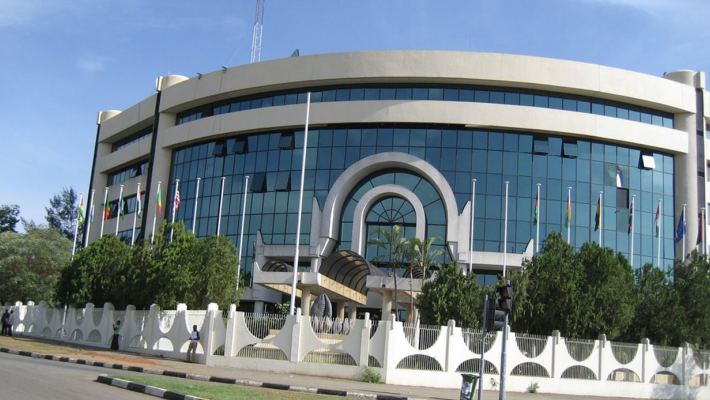
The Association of Investment Promotion Agencies of West African States (IPAWAS) says ECOWAS’ facilitation of the resuscitation of its hitherto moribund statute would engender subregional investment promotion and drive economic growth.
Members of the technical committee of the association made this known at the end of a collaborative meeting on Saturday in Abuja.
Abayomi Salami, chairman of the technical committee and deputy director, Nigerian Investment Promotion Commission (NIPC), explained that the meeting was essentially for member states to align their efforts, streamline regulations, and promote cross-border investments.
He said that the event was basically informed by the need for member states to be united to maximize their potentials and opportunities to promote and facilitate foreign direct investment into the West African region.
“That was the reason, the main objectives of setting up these high powers, having realized that it was actually set up in the year 2008, and for one reason or the other, it could no longer function.
“So, for this, we had the mandate of ECOWAS because the ECOWAS Commission mandated IPAWAS and the Nigerian Investment Promotion Commission to resuscitate and institutionalize the body,” he said.
Also speaking, Liberia’s Margaret Kawala, described the outcome of the deliberations as a win-win situation for the association and participants, who had spent days toiling to craft out something that they could call their own.
“It is like a win for all of us, who have participated in this process, because all the past few days, we have been engaging, networking in crafting something that we can take ownership of.
“So it’s a sense of pride. It comes to a sense of ownership for us. So it’s a win for us,” she said.
Mr Bruno Jauad, Director of Investments, Republic of Guinea-Bissau, said: “This is a very important process because we are trying to attract more investments to our region.”
Edward Ashong-Lartey and Eugenia Okyere, Director, Ghana Investor Services, and Head of Research, respectively, were upbeat about the positive outcome of the meeting and its recommendations.
“You know, we’ve just concluded the AfCTA protocol on investments, and as investment promotion agencies, we’ve taken note of the provisions and aligned it to our investment promotion efforts, as well as our regulatory regime for high powers.
“I’m very happy because I was there in the beginning and then somehow it became dormant. So this meeting which has revived it is very heartwarming.
“And I can confirm that whatever we are going to do as an association, and as independent investment promotion agencies, are totally aligned with the provisions of the AfCFTA protocol,” Ashong-Lartey said.
On her part, Okyere said: “Where we are now, I think that combining it with what AfCFTA holds, we would make great impact if the high powers come to stay.”
Gambia’s investment and export promotion agency boss, Ousainou Senghore, said that the activation of the high owers was in sync with the AfCFTA protocol, adding that when members promoted their individual countries, they would take ECOWAS as a market.
“We really need to thank ECOWAS for taking the initiative and bringing us together.
“This will definitely harmonize our laws, including creating a conducive business environment and also build an informal bond among ourselves,” he said.
Also speaking, ECOWAS Head of Investment Promotion, Peter Oluonye, explained that by this development, each member state was preparing its own environment to participate in the AfCFTA.
“For us, our focus in this segment is on investment attraction, preparing the ECOWAS community to work together as a bloc and to leverage the common market to achieve scale and synergy in AfCFTA and in the global market.
“So it is very much in sync with the goals of the AfCFTA. We are to prepare our people, we are to strengthen our integration and we are also to align our member states together,” he said.
ECOWAS Director, Private Sector, Anthony Elumelu, said the work had just started, adding that as a young region, ECOWAS was looking at the future, where it would like to be, for instance, by 2050.
“We are looking at the continental free trade, which is also to attract investment to the region and, whether we like it or not, the better you keep your region in terms of enabling environment for others to invest, to bring in foreign direct investments, the better for you,” he said.
Elumelu had earlier in his opening address, explained that the meeting was organized to enable the stakeholders to deliberate on the draft statute that would govern IPAWAS, shape the framework for cooperation, and engender sustainable subregional development.
He stressed that the continuous collaboration of member states’ investment promotion agencies with the ECOWAS Commission would enable investors to accept the subregion as the most favored destination for investment.